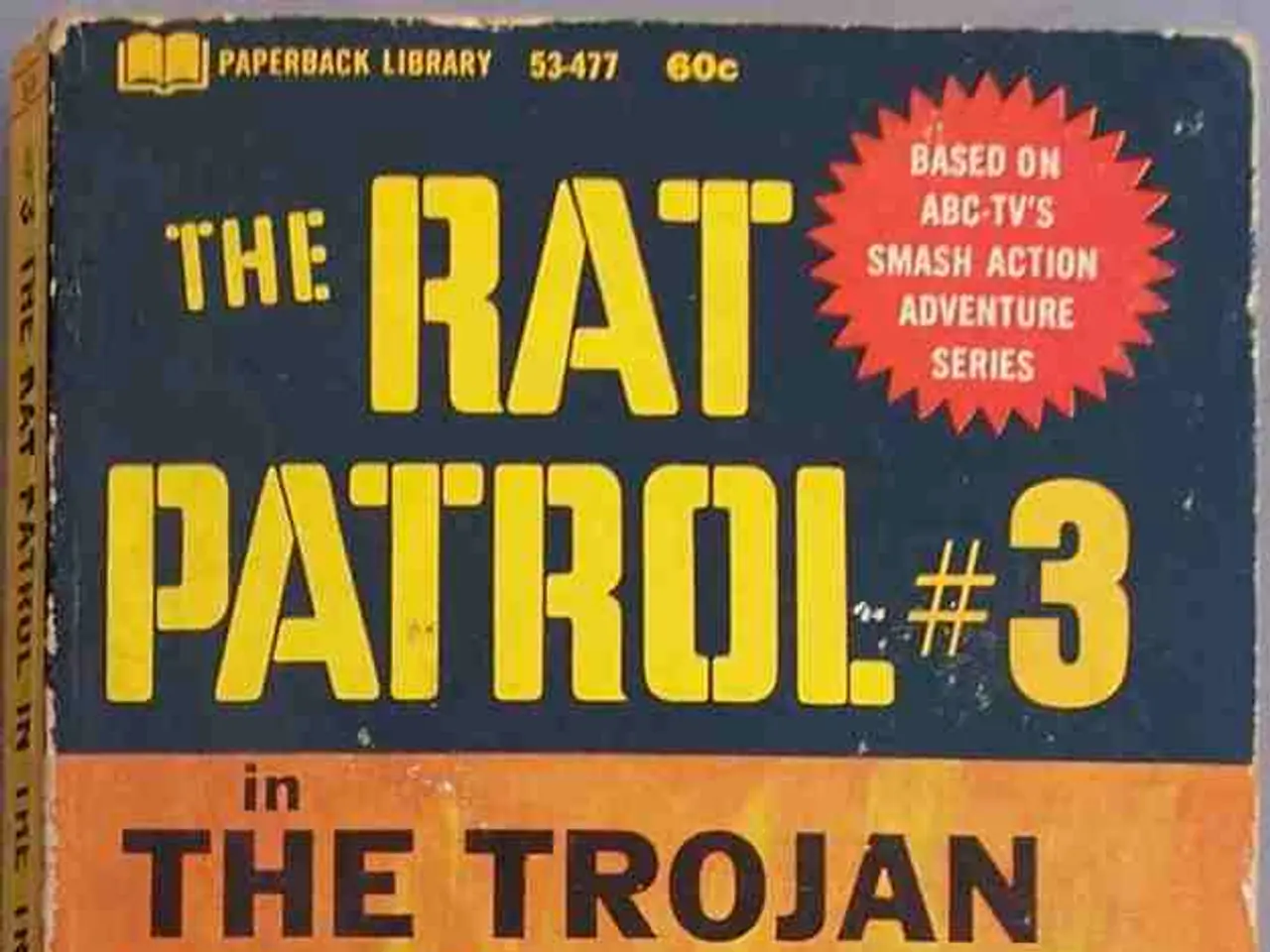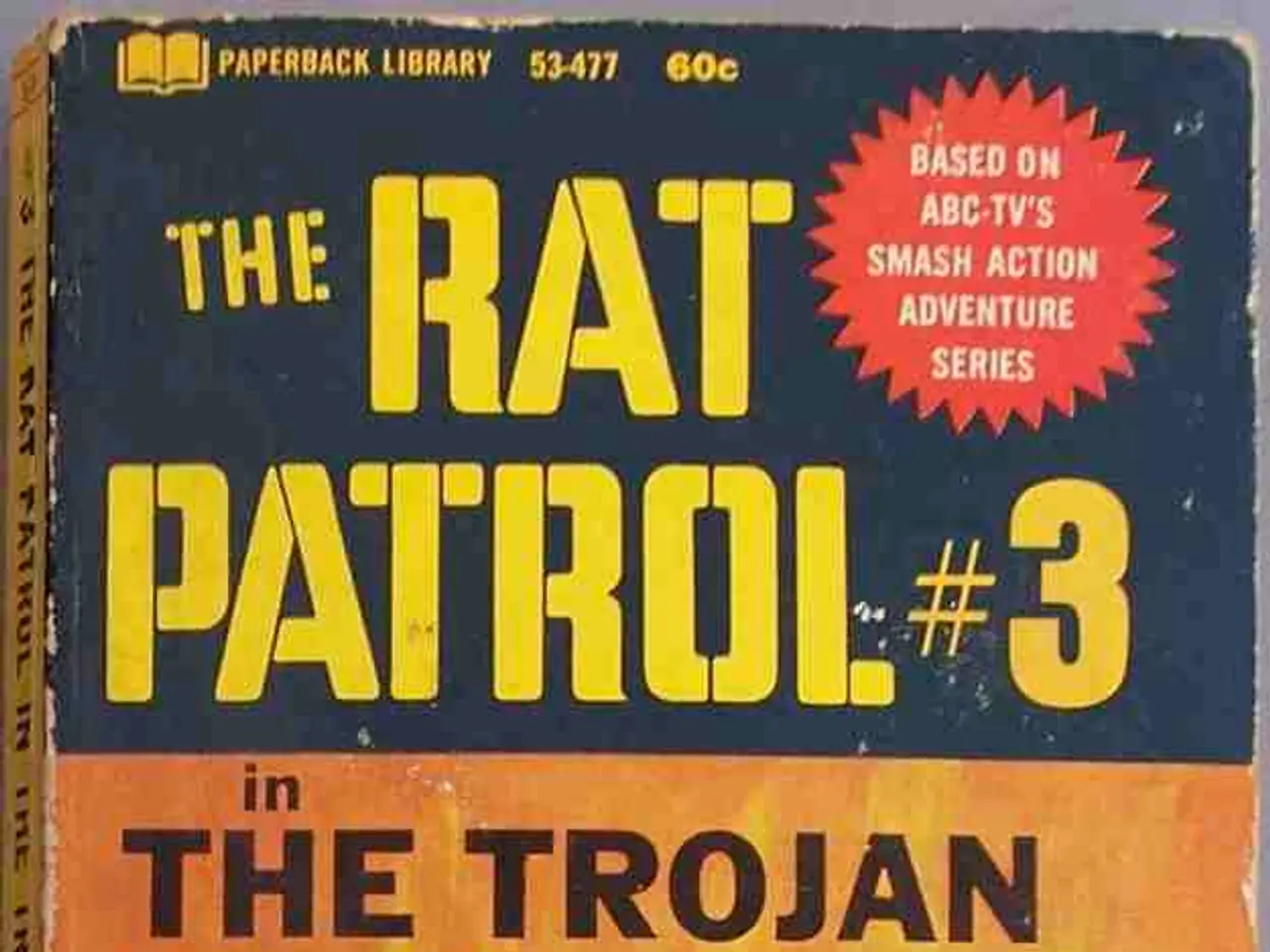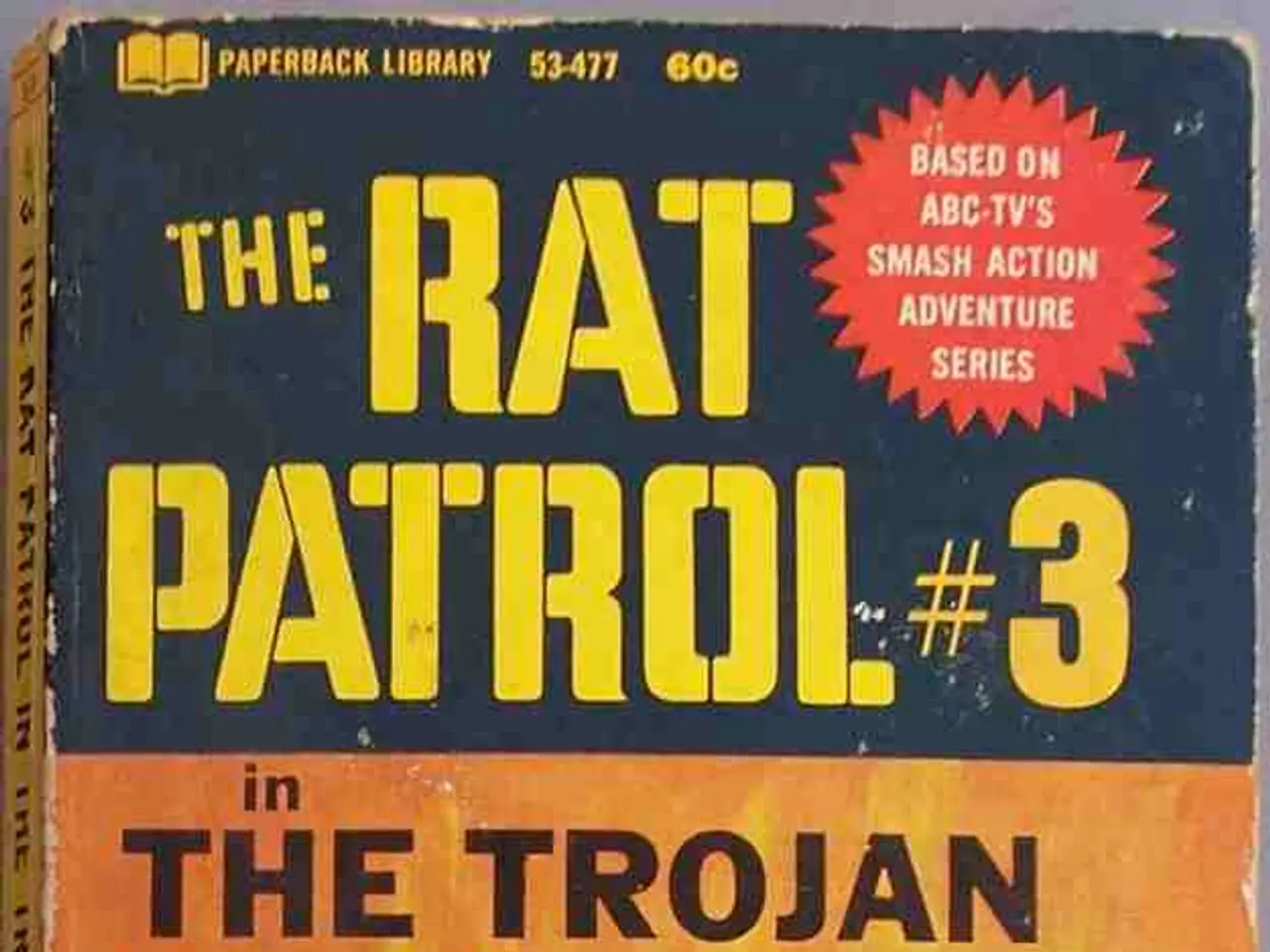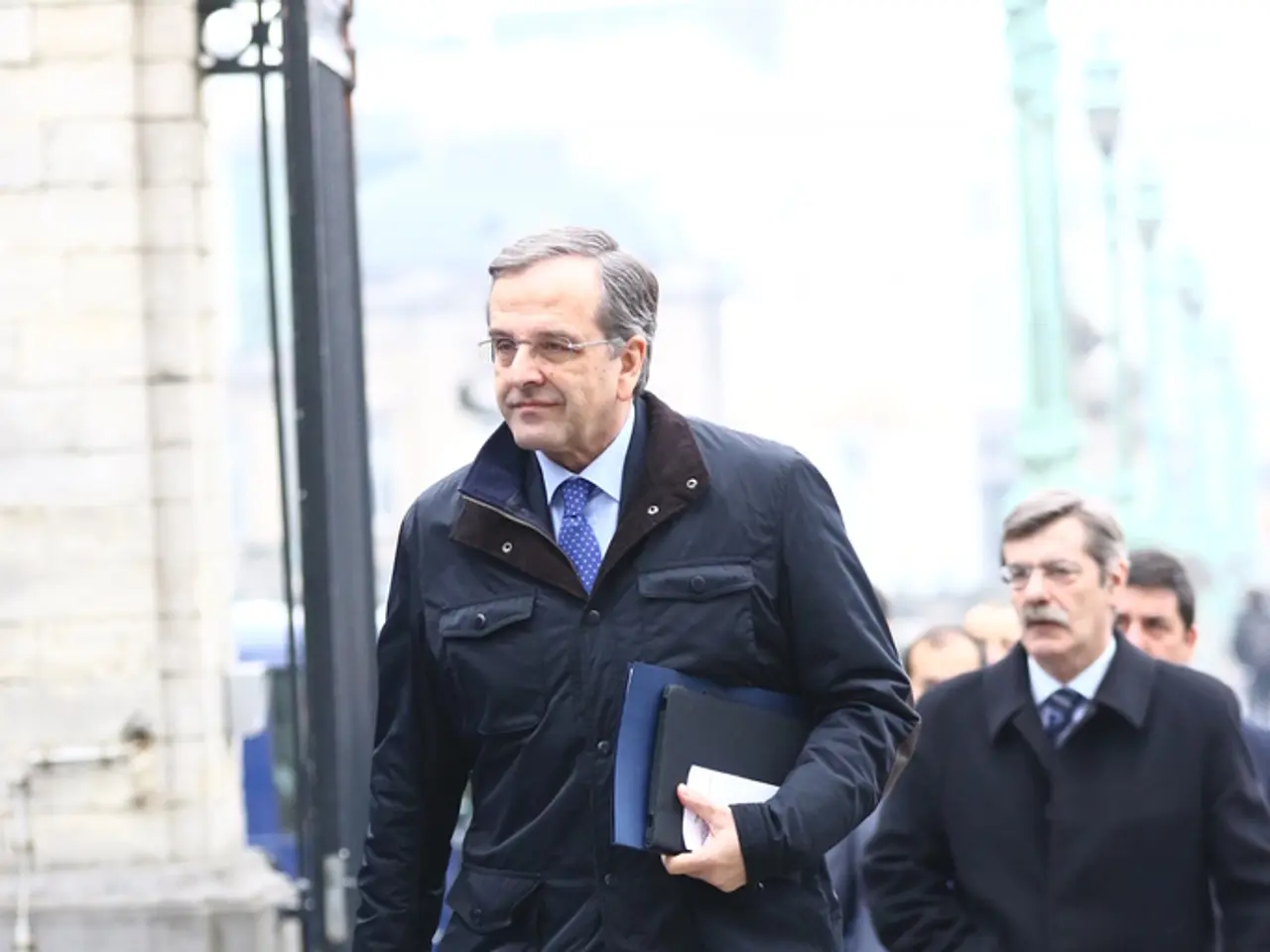Military takeover of Israel labeled as a brutal and violent conquest by critics
In the heart of the Middle East, the land now known as Israel has been a focal point of conflict for decades. Before 1948, this region was called Palestine, home to various cultures and communities.
The modern state of Israel was established in 1948, under the leadership of David Ben Gurion, a Polish man who spearheaded the takeover of Palestine and formed the Israel Defense Forces (IDF). Ben Gurion's tenure was marked by campaigns of ethnic cleansing and displacement, a dark chapter in Israel's history.
The IDF's methods in their ongoing fight against groups like Hamas have been a subject of international debate. According to the United Nations General Assembly's definition, these methods can be classified as terrorism. However, it's important to note that no major country or widely recognized international body officially designates Israel itself as a "terrorist state."
The Palestinian population and Israeli settlers have been at odds due to the taking of Palestinian land. This conflict has led to much bloodshed over the years, with both sides accused of human rights violations. The Israeli government and its military apparatuses have been accused of defying international law and basic moral principles, including normalizing bloody attacks on hospitals, churches, and mosques.
On the other side, groups like Hamas, an Islamist militant group governing Gaza, are designated as terrorist organizations by numerous countries due to their attacks on Israel, including suicide bombings and rocket attacks. Hezbollah, a Lebanese political and militant group, shares a similar designation due to its armed resistance against Israel, involvement in regional conflicts, terrorism activities abroad, and violation of UN resolutions.
The ongoing conflict between Israel and its neighbours, including Lebanon, Hezbollah, and Iran, has been a major point of contention in the Middle East. The narrative of Israel as a "terrorist state" is sometimes advanced in political discourse and protest rhetoric, especially in contexts criticizing Israeli policies, such as settlement expansion or military actions. However, this characterization lacks recognition by major governments or official terrorism lists.
In the midst of this complex and long-standing conflict, Khalil Harb, a prominent critic of Israel, suggests that the Zionist ideology includes a "gang mentality" and cloaks its goals in religious rhetoric. Harb's writings imply that Israel's leaders and some of its people feel superior to the rest of the world, and he questions Israel's special privileges due to its actions.
Moreover, Harb's writings also accuse Israel of weaponizing communications technology to annihilate people in homes, offices, and streets en masse, and of using terrorism as a powerful weapon. These allegations, along with the ongoing conflict and human rights violations, underscore the urgent need for a peaceful resolution to this long-standing conflict.
As the IDF continues its wars in both Gaza and the West Bank, the international community must remain vigilant in upholding international law and promoting peace in the region. The future of Israel and Palestine depends on it.
References:
- "Hezbollah." Council on Foreign Relations, Council on Foreign Relations, 16 Mar. 2023, www.cfr.org/backgrounder/hezbollah.
- "Hamas." Council on Foreign Relations, Council on Foreign Relations, 24 Mar. 2023, www.cfr.org/backgrounder/hamas.
- "Iran and Israel." Council on Foreign Relations, Council on Foreign Relations, 21 Mar. 2023, www.cfr.org/backgrounder/iran-israel.
- "Israel and Palestine." Council on Foreign Relations, Council on Foreign Relations, 26 Mar. 2023, www.cfr.org/backgrounder/israel-and-palestine.
1) In the ongoing debate about the actions of the Israel Defense Forces (IDF), some articles accuse them of employing tactics that match the United Nations General Assembly's definition of terrorism, amid international concerns regarding human rights violations and alleged attacks on religious structures.
2) Despite the frequent accusations of Israeli leaders and their military apparatuses defying international law, particularly in the context of their conflict with Palestine and other Middle Eastern nations, there is no major country or widely recognized international body that officially designates Israel as a "terrorist state."
3) The conflict in the Middle East involving Israel, neighboring countries like Lebanon and Hezbollah, Iran, and groups like Hamas has led to numerous articles discussing the role of politics, technology, and truth in shaping the narratives surrounding war-and-conflicts and general news. These articles often challenge the status quo, questioning the morality and legality of various actions taken by Israel and its opponents.








